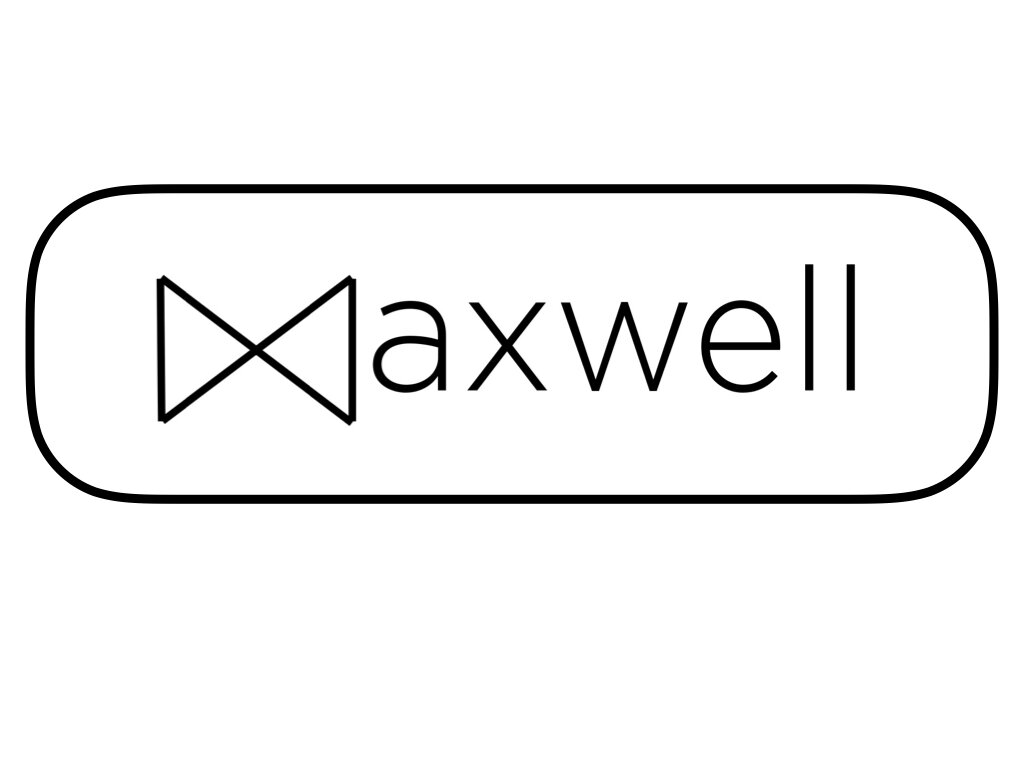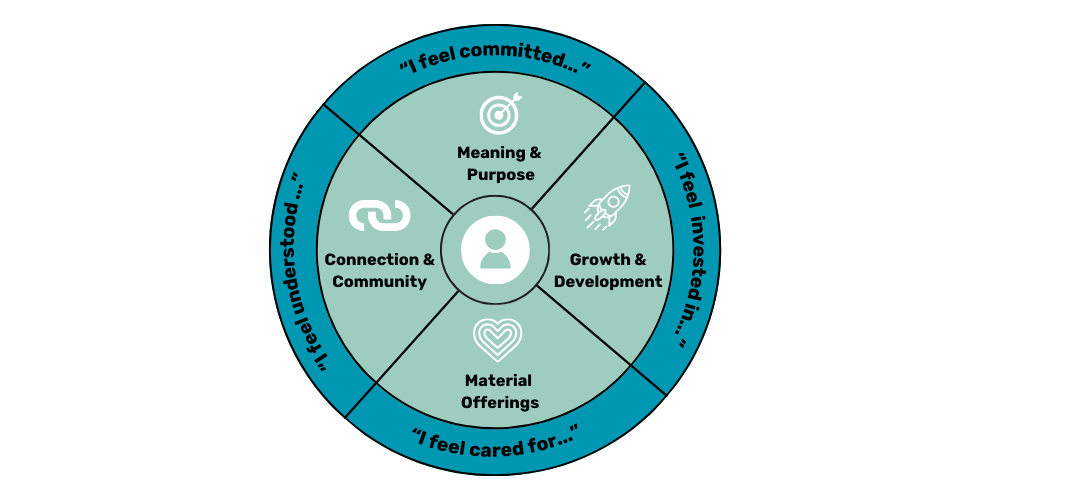What's Your Magnet? The Power of the Employee Value Proposition (EVP)
In today's competitive job market, attracting and retaining top talent is more challenging than ever. Companies need to be more than just a name on a resume; they must act as magnets, attracting and retaining exceptional individuals. This is where the Employee Value Proposition (EVP) plays its part.
So, what exactly is an EVP?
In simple terms, it's the unique value your company provides to its employees in exchange for their skills, commitment, and enthusiasm. It encompasses more than just salary and benefits, as important as they are. It's about the entire work experience, which includes factors like company culture, opportunities for growth, and a sense of purpose.
Is the EVP the same as the Employee Experience (EX)?
While both employee value proposition (EVP) and employee experience (EX) are crucial for attracting and retaining talent, they represent distinct concepts:
Employee Value Proposition (EVP):
- Promise: It's the promise an organization makes to its employees in exchange for their time and talent. It defines the unique benefits and values employees can expect beyond just compensation.
- Benefits: An EVP typically highlights elements like competitive salary and benefits, career development opportunities, work-life balance, strong company culture, meaningful work, and opportunities to make a difference.
- Proactive: It's proactive and crafted by the organization to attract and engage candidates and employees.
- External focus: It has a more external focus, aiming to differentiate the company as an employer and compete for talent.
Employee Experience (EX):
- Reality: It's the actual experience employees have during their entire journey with the organization, from recruiting to retirement. It encompasses all touchpoints, interactions, and emotions throughout their employment.
- Multifaceted: EX factors include onboarding, day-to-day work, recognition, leadership, communication, learning and development, career growth, workplace environment, and company culture.
- Reactive: It's reactive and shaped by the employees' individual perceptions and experiences within the organization.
- Internal focus: It has a more internal focus, aimed at improving employee satisfaction, engagement, and retention.
Key Differences:
- Promise vs. Reality: EVP is a promise, while EX is the reality of working at the company.
- Proactive vs. Reactive: EVP is proactive and crafted, while EX is reactive and experienced.
- External vs. Internal Focus: EVP focuses on attracting talent, while EX focuses on retaining and engaging employees.
A strong EVP should guide the design of the employee experience. When the EX lives up to the promised EVP, it leads to higher employee satisfaction, engagement, and loyalty. When there's a gap between promise and reality, it can lead to disappointment, decreased morale, and high turnover.
Why is an EVP so important?
A robust Employee Value Proposition (EVP) is crucial for any organization aiming to attract and retain top-notch talent. In the current competitive job market, employees have more options than ever. They seek employers who provide more than just a paycheck. They desire to work for companies that ignite their passion and align with their values.
A strong EVP can help you to:
- Attract top talent: A compelling EVP can help you to stand out from the competition and attract the best and brightest candidates.
- Improve employee retention: When employees feel valued and appreciated, they are more likely to stay with your company.
- Boost employee engagement: A strong EVP can help to create a more engaged and productive workforce.
- Improve employer branding: Your EVP is part of your employer brand, which is your reputation as an employer. A strong EVP can help you to build a positive reputation and attract more qualified candidates.
The numbers speak for themselves:
- 65% of job seekers consider company culture when making a career decision. (Glassdoor)
- Companies with a strong EVP see 28% higher employee engagement. (Gallup)
- And guess what? A strong EVP can lead to 12% lower turnover rates. (SHRM)
What are the Parts of an EVP?
There are different models for categorizing what an EVP should include.
Mercer suggests there is seven critical aspects: reward for performance, compensation, benefits, career development, support of wellness, sense of belonging, and meaningful work.
Gartner on the other hand proposes a Human Deal model that divides the EVP into deeper connections, radical flexibility, holistic wellbeing, and shared purpose.
At Maxwell we like the categories proposed by professors Mark Mortensen and Amy Edmondson in the Harvard Business Review that include four interrelated factors:
- Material offerings: This includes the salary, benefits package, any other forms of financial compensation that employees receive, as well as the employer’s commitment and efforts to help employees maintain a healthy balance between their personal and work lives.
- Opportunities to develop and grow:This includes the opportunities for employees to learn and grow in their careers.
- Connection and community: Include feeling part of a larger group, appreciated for your contributions, and valued for who you are.
- Meaning and purpose: The employer’s reason for existing, and the values it holds. They align with employee’s desires to make a positive impact in the world.
How can you craft an EVP?
If you are looking to develop (or update) an EVP for your organization, here are a few tips:
- Start by understanding your target audience. Who are you trying to attract and retain? What are their needs and values?
- Conduct research to learn what your employees value and what you currently offer. What are the things that they are most satisfied with about their jobs? What are the things that they would like to see change?
- Develop a clear and concise statement that outlines your EVP. This statement should be easy to understand and remember.
- Communicate your EVP to your employees and potential candidates. Make sure that everyone knows what your EVP is and how it applies to them. This is where a lot of employers fail. They spend an enormous time developing a compelling EVP, but fail to communicate and deliver. Employees perception of what is offered or not offered becomes their reality.
- Live up to your EVP. Your EVP isn't just a poster on the wall. It's a commitment that is translated . Every aspect of your employee experience, from onboarding to development opportunities, should be aligned with your EVP.
Developing a strong EVP is an investment that can pay off in the long run. By taking the time to create a compelling EVP, you can attract and retain top talent, boost employee engagement, and improve your employer brand.
It should be reviewed and updated regularly to make sure that it is still relevant to your employees and your organization.
Remember, your Employee Value Proposition (EVP) is a powerful tool. It's your opportunity to demonstrate why your company is an ideal workplace. Therefore, carefully design it, passionately embody it (ensuring the Employee Experience matches the EVP promise), and observe as it attracts the most talented individuals in the industry.
What are your thoughts on the importance of the EVP? Share your own company's EVP or your dream EVP in the comments below! Let's start a conversation about building workplaces where people love to come and thrive.


